

We’ve rebranded to reflect who we’ve become: a science-based, privacy-focused proctoring platform designed for modern education, certification, and workforce assessments. OctoProctor represents our commitment to smarter, more adaptable, and test-taker-friendly remote proctoring.
From DIY systems and Linux to creating OctoProctor, secure assessment integrity software that handles 1m+ exams a year – Anton Skshidlevsky invites you to join a journey in time, programming, and academic rigor of EdTech founder.
I've spent over a decade building proctoring technology, but my journey started way earlier—with cassette tapes, BASIC code, and a deep curiosity for how software works. In this post, I reflect on my path from student to PhD, from a kid who sometimes cheated on tests to a CTO shaping how assessments are done online. I believe proctoring, despite its critics, can be a tool for fairness and access—especially when designed thoughtfully. Before dismissing it, I invite you to look at who it serves and how it can bridge gaps, not build walls.
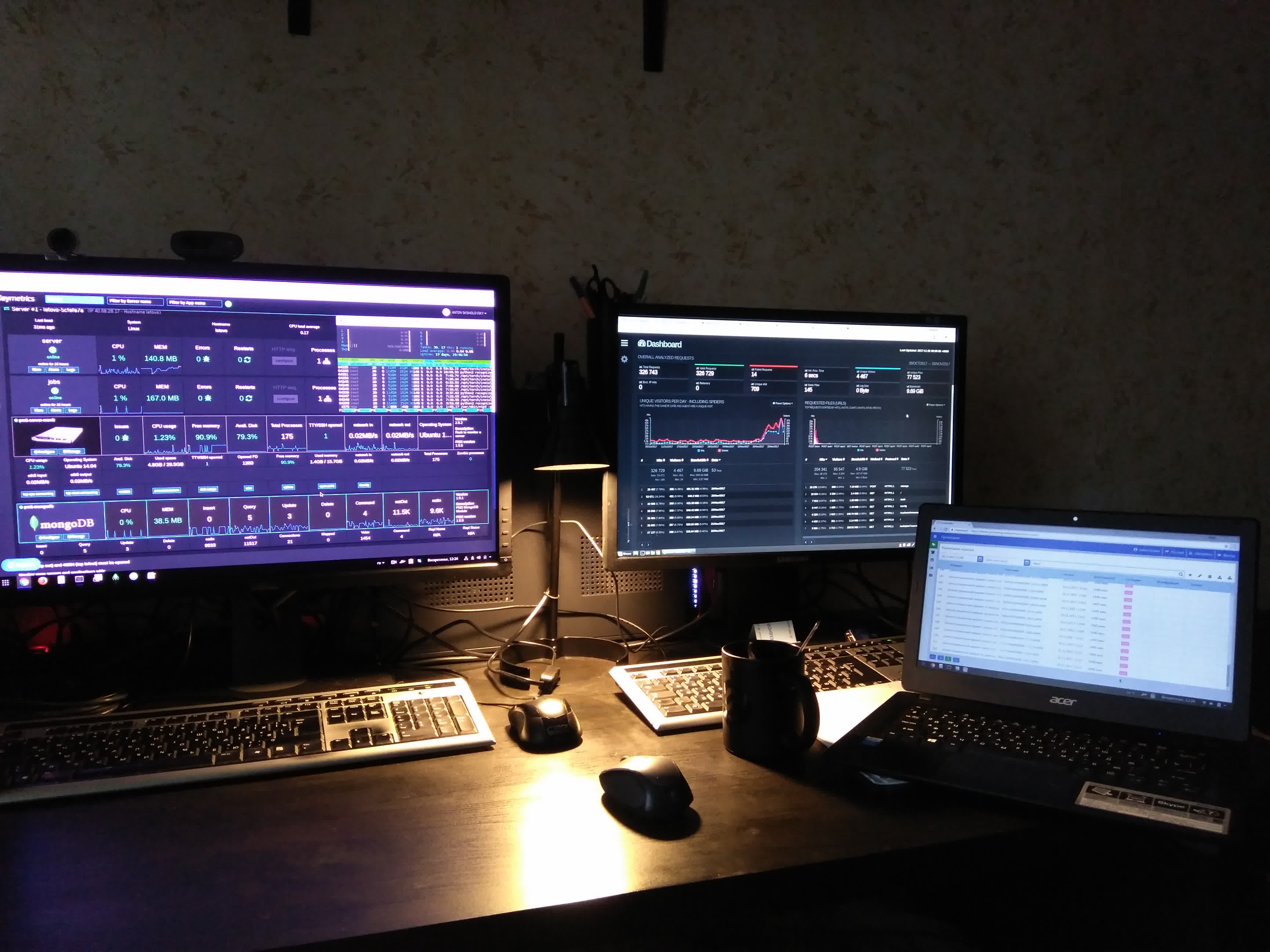
There have been numerous debates surrounding proctoring — from claims that online exams can’t match the quality of in-person assessments, to concerns that the process restricts participants' freedom and rights. My product has been commercially available for 10 years, and I do not foresee proctoring losing value in the next decade, including for several personal reasons.
Let’s travel in time to understand why.
When I was in school, we didn’t have online systems for learning or assessments. Just one computer lab. Getting a computer at home was a big deal. If you had one, it usually meant your family was relatively well-off. Some internet enthusiasts were pushing the evolution of Web 1.0, StarCraft was the game, and dial-up internet was prevalent. I was curious about how software worked from the inside. I experimented with MS-DOS machines and even wrote BASIC code for the ZX Spectrum. Programs were saved on cassette tapes — the same kind people used for music. If you’ve ever heard dubstep, that’s more or less what it sounded like when programs were saved to cassette.
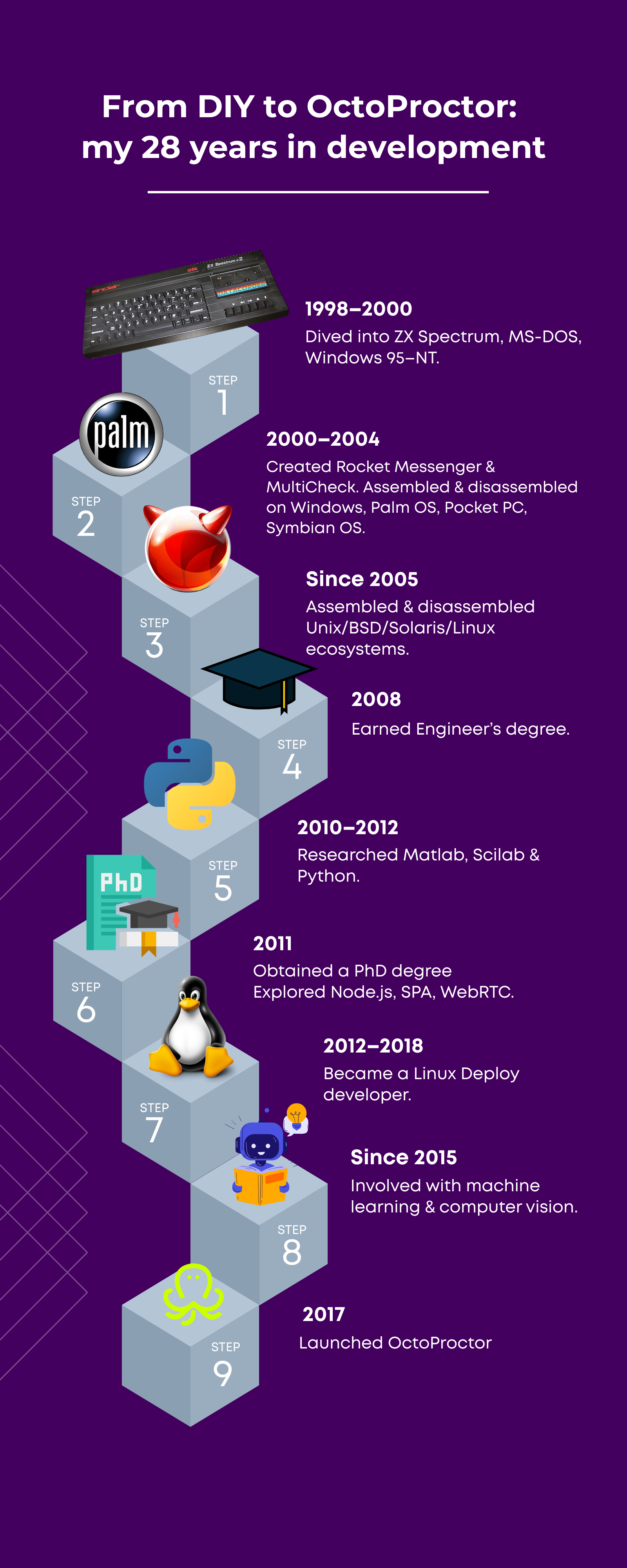
One of the programs I wrote was Multicheck for computer-based testing. It ended up being used by my school for a couple more years after I graduated. That was my first step into assessment technology.
I got deep into debugging, tracing how programs worked in assembly, and then explored Unix systems, the Linux kernel, and eventually machine learning and computer vision.
You might expect me, a PhD, proctoring software founder, and CTO, to have a perfect academic integrity record.
However, in school and even partially at university, I resorted to cheating. I believe there's a fundamental motivation problem in the education system. I was genuinely interested in certain aspects of programming and dedicated a significant amount of time to them. As a result, I didn’t always have enough time for the rest of my studies – an experience I share with many. And it wasn’t very clear how some subjects would be useful in my life.
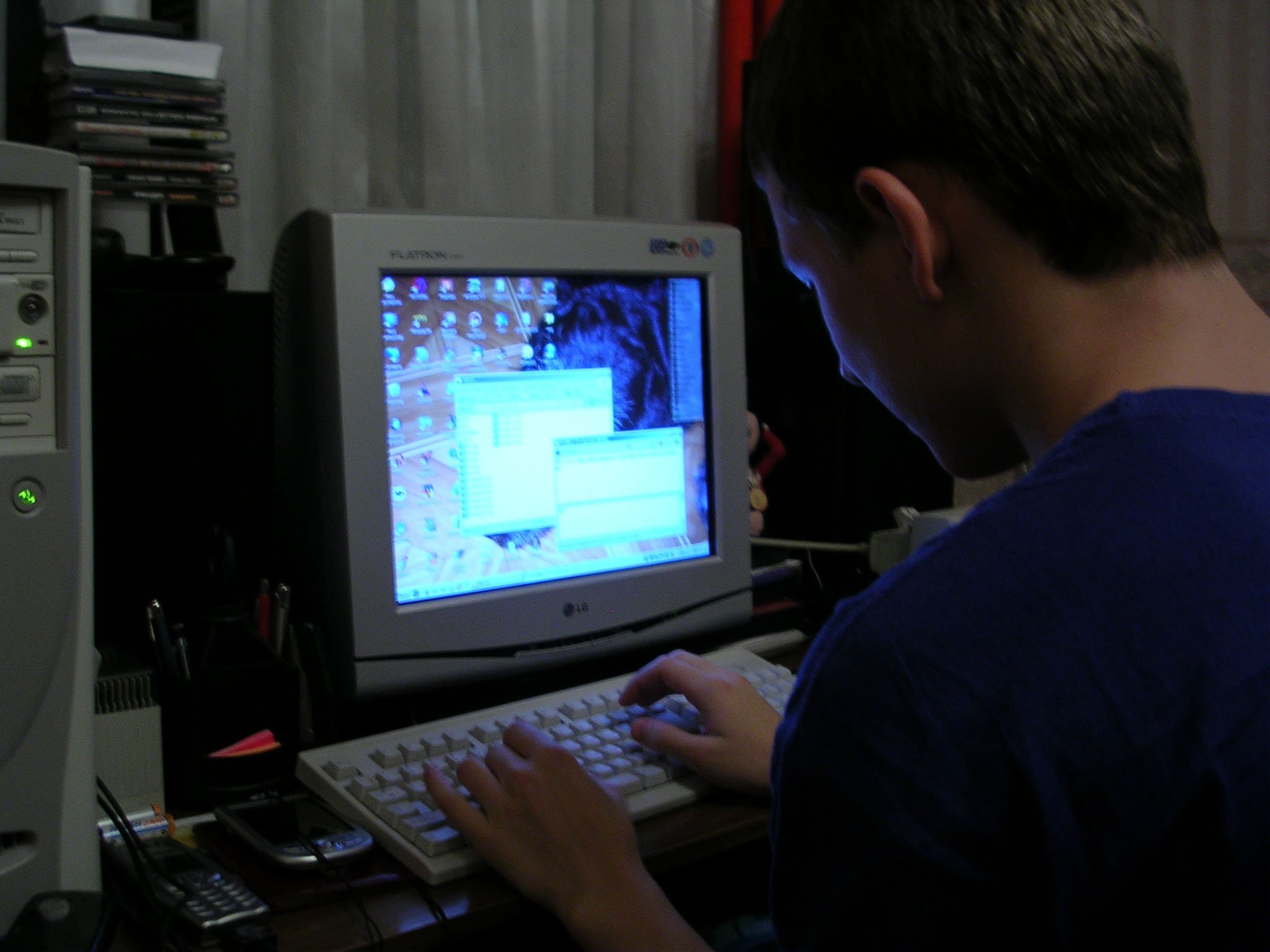
Unfortunately—or perhaps fortunately—in today’s education system, you’re expected to get a general and tertiary education if you want a better job. At every stage, you’re required to prove your knowledge. Piece of cake now, from the technical side, that is. But when I was applying, you couldn’t take entrance exams online—you had to show up in person to every institution you eyed as your alma mater. If your grades weren’t great, like mine, you didn’t have many options. With access to online exams, it would have been possible to apply to dozens of universities, including those far from home, greatly increasing the chances of securing a vital funded spot. Although I didn’t enter a funded program, I was able to start paying for my studies by my third year.
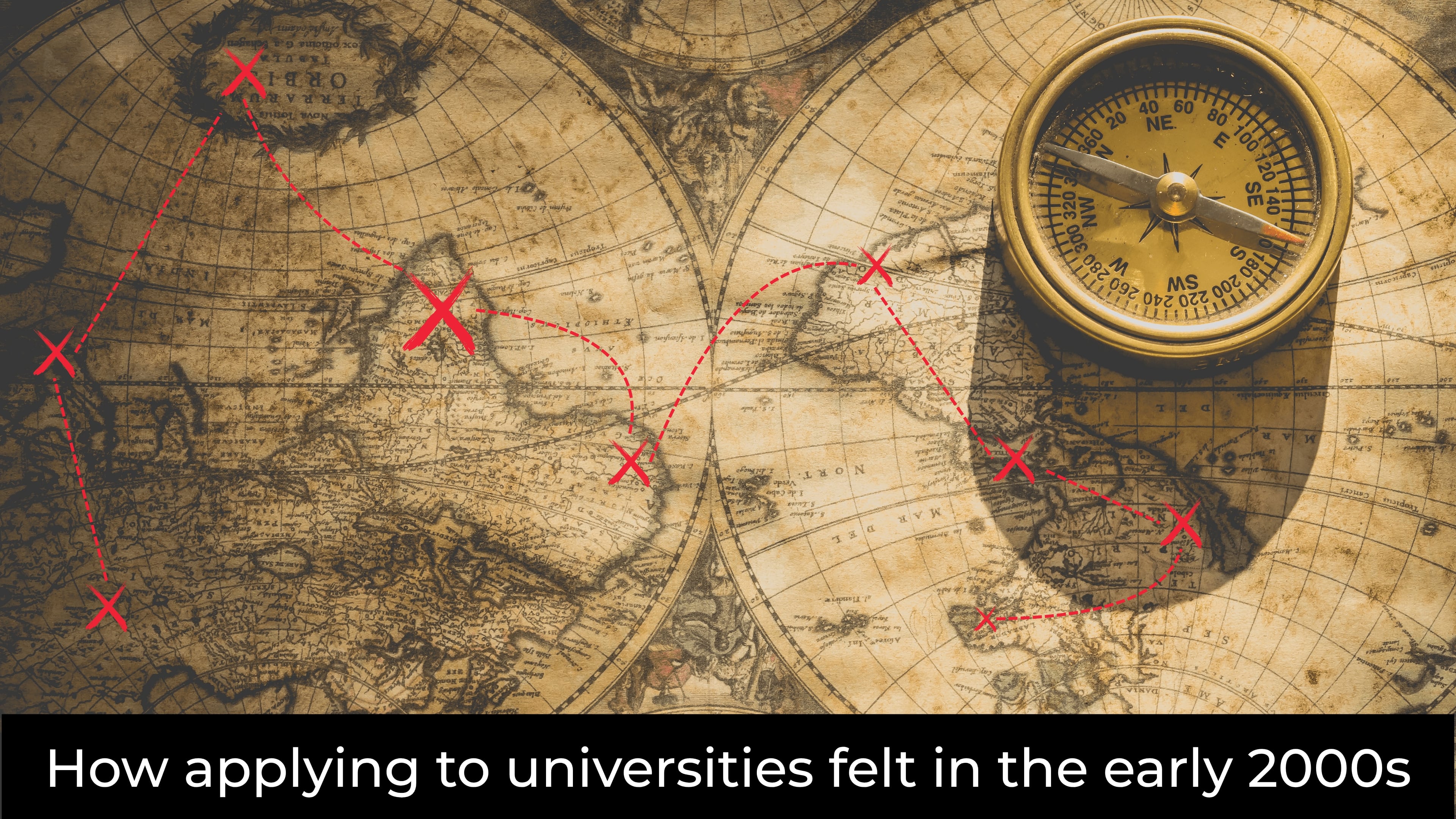
Academia grew on me. I stayed at my university for nearly 13 years, maturing from a student to an assistant professor.
I didn’t set out to earn a PhD—it became a byproduct of my work. My dissertation focused on an 'Automated System for Conducting Online Exams,' where I developed a model for testing that included monitoring, evaluation, and tools for educational measurement. At the time, our university used a custom-built learning management system that struggled with issues like scalability. My research aimed to improve the efficiency and objectivity of large-scale exams, such as the local version of SAT in Informatics, by addressing those challenges and proposing solutions. Building on that foundation with newer technologies, we later designed a proctoring system architecture that could support up to 10,000 simultaneous participants, log over 1 million hours annually, and offer real-time analytics.

And that could have been the end of my story; yet, proctoring is not only about secondary and tertiary education. Regardless of how you received your education (pun intended), you periodically need to verify your level of knowledge, qualifications, and competencies. These days, most people have access to a computer, making it sensible to conduct assessments remotely. Enter a chain coffee shop, and it will be filled with people on their PCs, turning once-meeting points into their office spaces. We carry supercomputers in our pockets daily – something NASA circa the Space Race could only dream about – with work shrinking to fit those. Digital nomads, I saw an opportunity in this hyperconnectedness to expand the proctoring market, given my understanding of technology and how online assessments work.
Online proctoring provides at least two socially significant benefits: ensuring accessibility (people from low-income families or remote regions should have equal access to opportunities) and equal conditions (those who are more assertive, more reserved, or have disabilities should all have the same chances).
I’ve taken many exams myself — mostly in-person. And to be honest, I think in-person exams are often more stressful. You have to travel, deal with unfamiliar environments, sit in uncomfortable rooms, and handwrite a lot under pressure. Online exams, by contrast, let you stay home, use your own setup, and focus. Sometimes, you don’t even need to interact with a proctor because the system handles everything.
You are getting the same service—but simpler and faster.
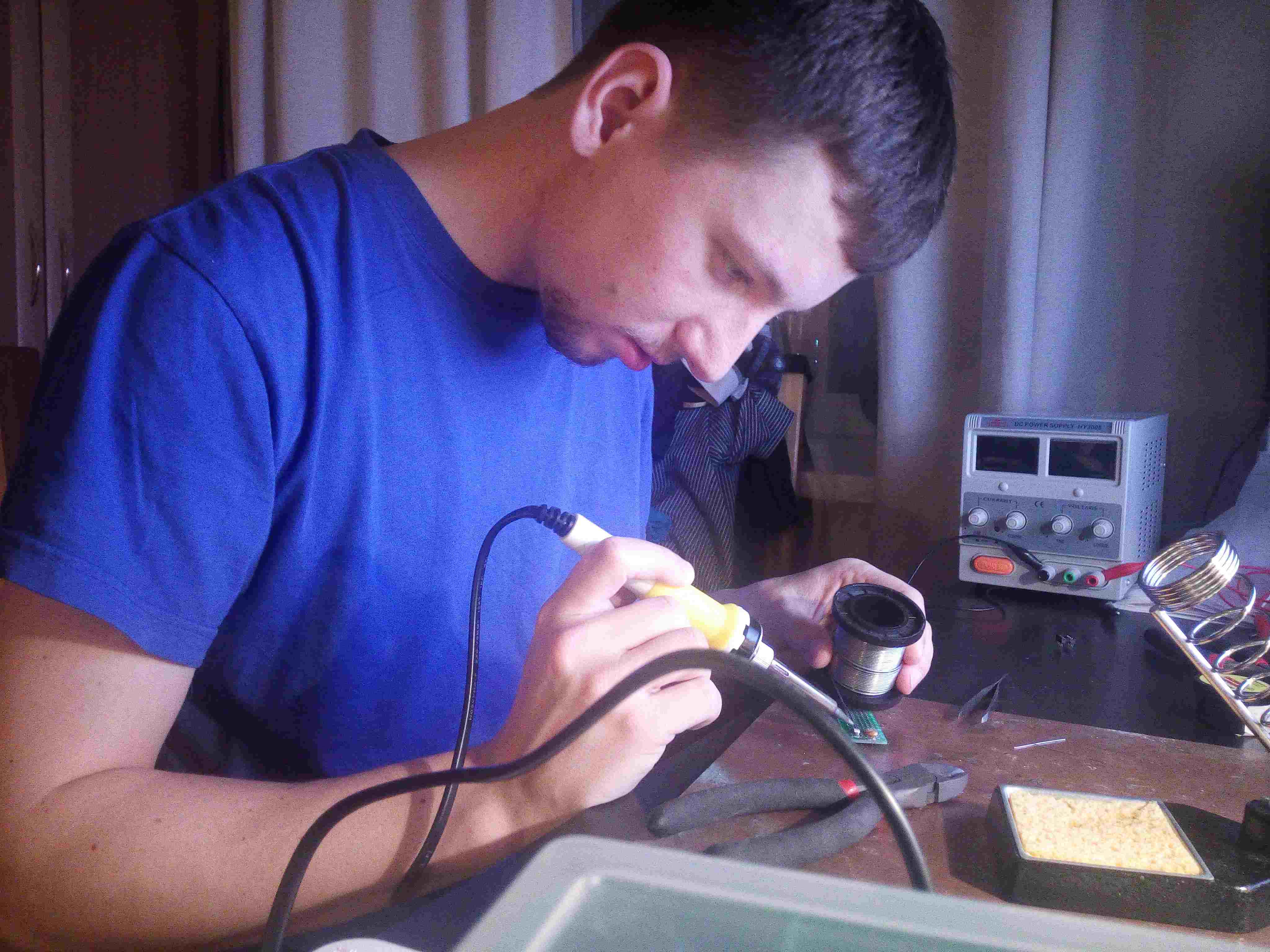
When building products, I focus on quality, usability, and performance. Lately, I’ve shifted toward using open standards like IMS instead of proprietary systems. I prioritize ease of use, scalability, and independence from third-party APIs, which helps protect user data and enhance security. The main rule is not to complicate things unnecessarily.
Thus, a few years ago, our proctoring system was used to conduct olympiads for a private school admission. As a token of gratitude, organizers sent us photos of happy children from the regions who were able to enroll, thanks to the remote exam opportunity.
Of course, proctoring is just a tool — a lot depends on the organization using it. But I believe that if an organization adopts modern technology (which undoubtedly includes online proctoring) to improve its processes in education, hiring, or skills verification, it can also make life easier for ordinary people. Even if a company uses online proctoring to save costs (compared to in-person assessments) or to expand its reach, it’s still contributing — albeit indirectly — to greater accessibility and equality.
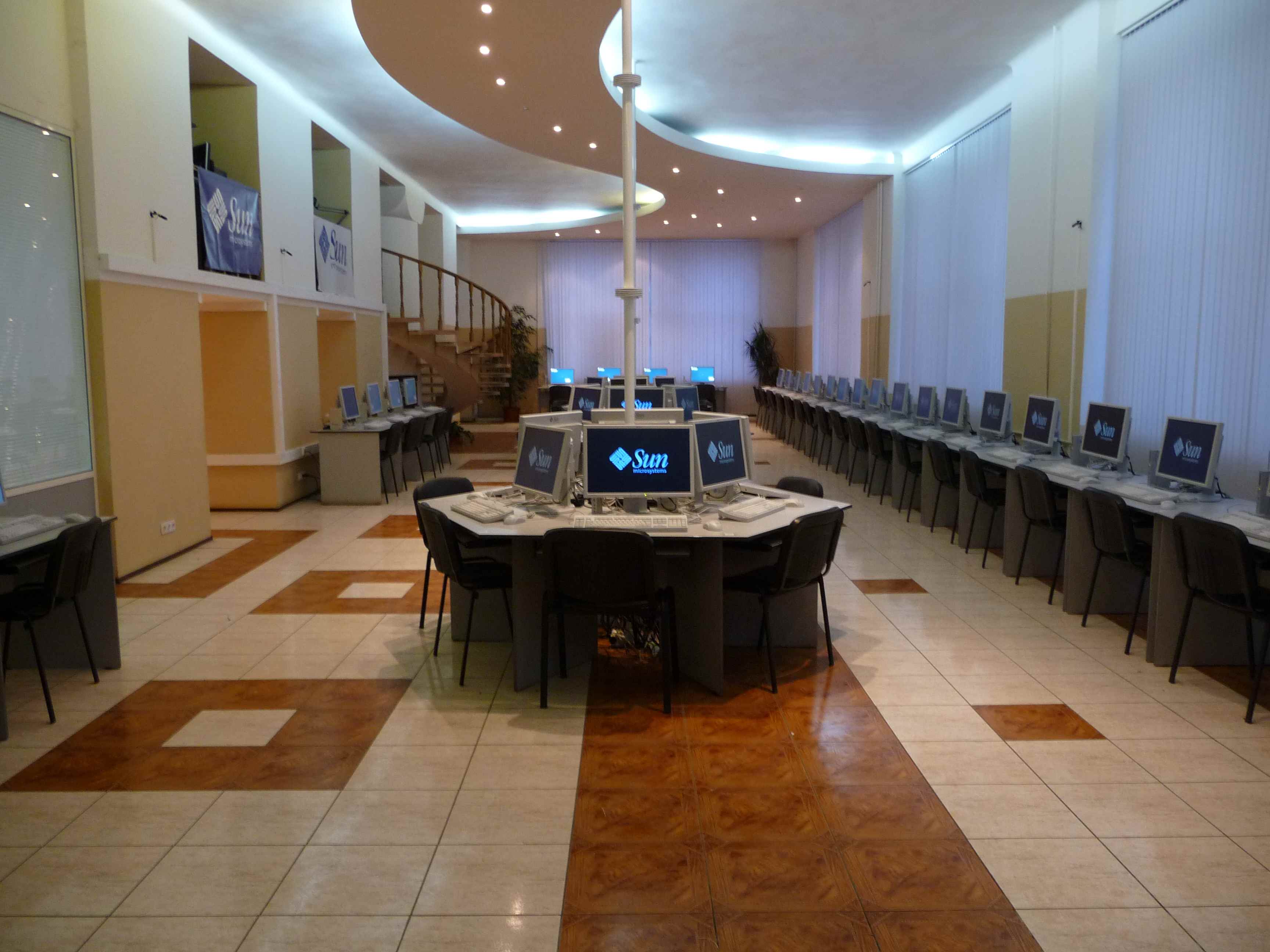
Today, many childhood tech dreamers would reference a piece of culture that inspired them – Disney's Epcot, 2001: A Space Odyssey, Ben Bova’s Mars or The Matrix. Alternatively, it is notable to mention big stories like Apple, Facebook, Amazon, or BlackBerry – all of which have made it into film.
I wouldn’t say that any specific book or film changed my worldview or pushed me into programming. GNU/Linux systems and other open-source projects had a bigger impact because they were actionable—right at my fingertips. I studied, wrote code in, and even taught Java for a time, but eventually shifted my focus to JavaScript, especially Node.js when it was still in version 0.x. Coming from Java, I appreciated Node’s simplicity and performance. That led me to explore SPAs (single-page applications) and full-stack web development, where using one language across both frontend and backend felt like a natural fit. Around the same time, I also started working with Docker, which made deploying and scaling apps in production environments much easier.
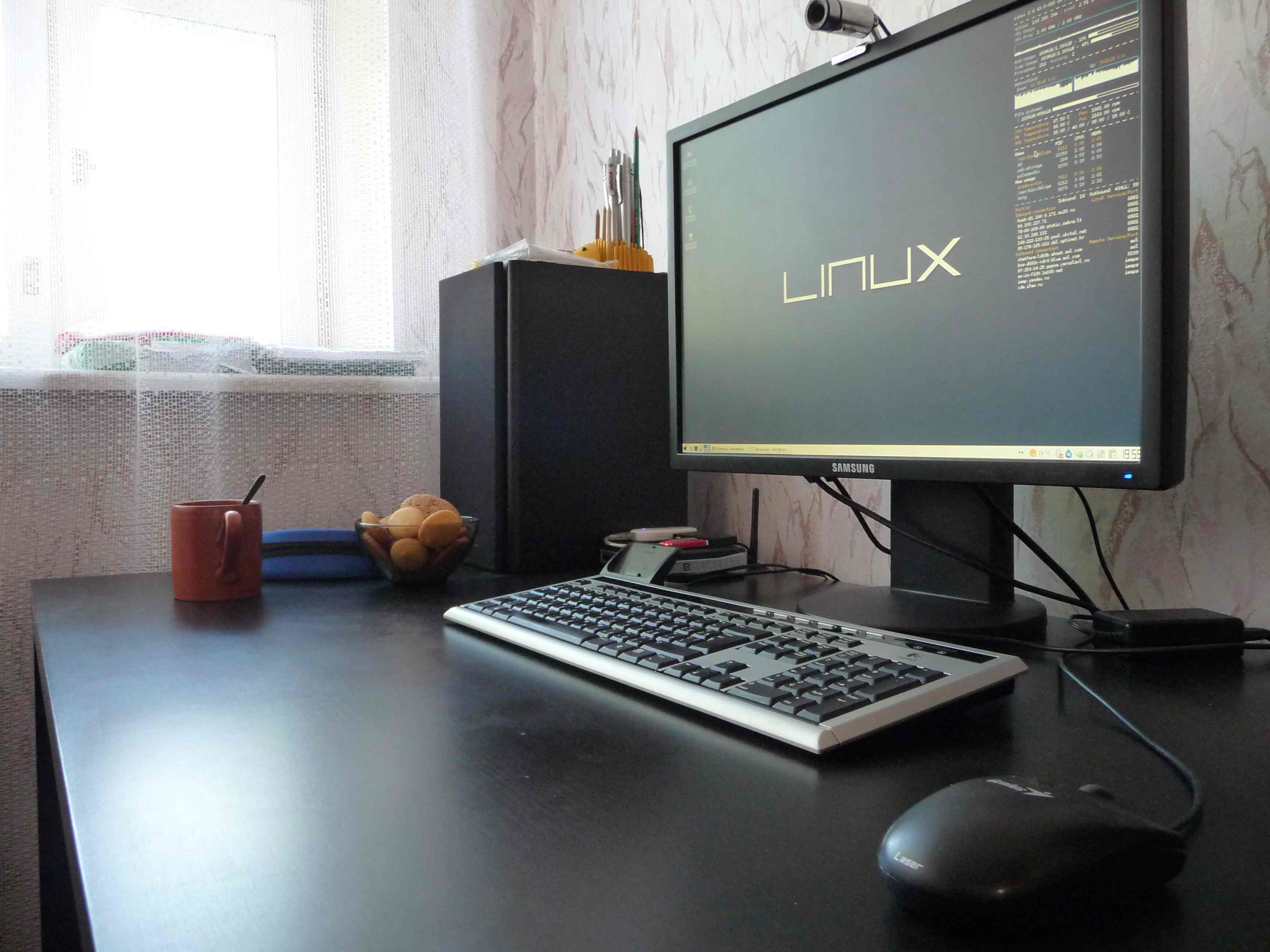
Open-source projects have always been part of my journey. One of my better-known projects is Linux Deploy — an Android app that lets users install Linux distributions directly on their phone. I publish other code to open source from time to time if I think it might be useful to others https://github.com/meefik.
Now that you know me as Anton Skshidlevsky, I'd like to sum up our journey through time and coding with a dare.
Before criticizing tools like proctoring, ask what they actually do and who they help. What seems like a barrier might actually be a bridge.

Online learning offers flexibility and convenience, but it also presents significant challenges. From technical issues and digital literacy gaps to time management struggles, students and educators face numerous obstacles in the remote education environment. This article delves into these challenges and provides strategies to enhance student engagement and motivation, ensuring a more effective online learning experience.
Online proctoring isn’t just about catching cheating — it’s about creating secure, smooth, and human-friendly assessment experiences at scale. With each release, OctoProctor pushes that vision further.
ProctorEdu becomes OctoProctor, delivering a smarter, friendlier approach to remote proctoring while ensuring academic integrity and focusing on test-taker experience and privacy.
Discover how 13 groundbreaking technologies are reshaping education, making learning more interactive and accessible. From virtual reality to adaptive learning software, these tools enhance student engagement and outcomes, offering flexible and personalized educational experiences.